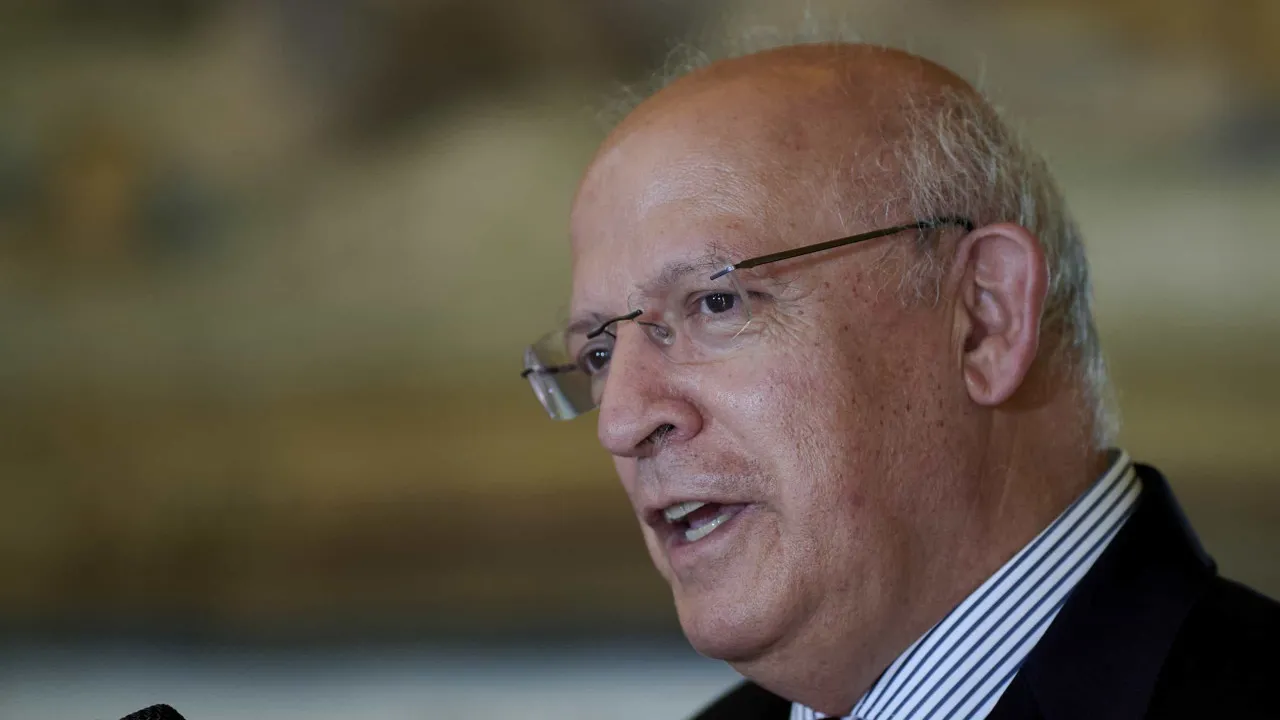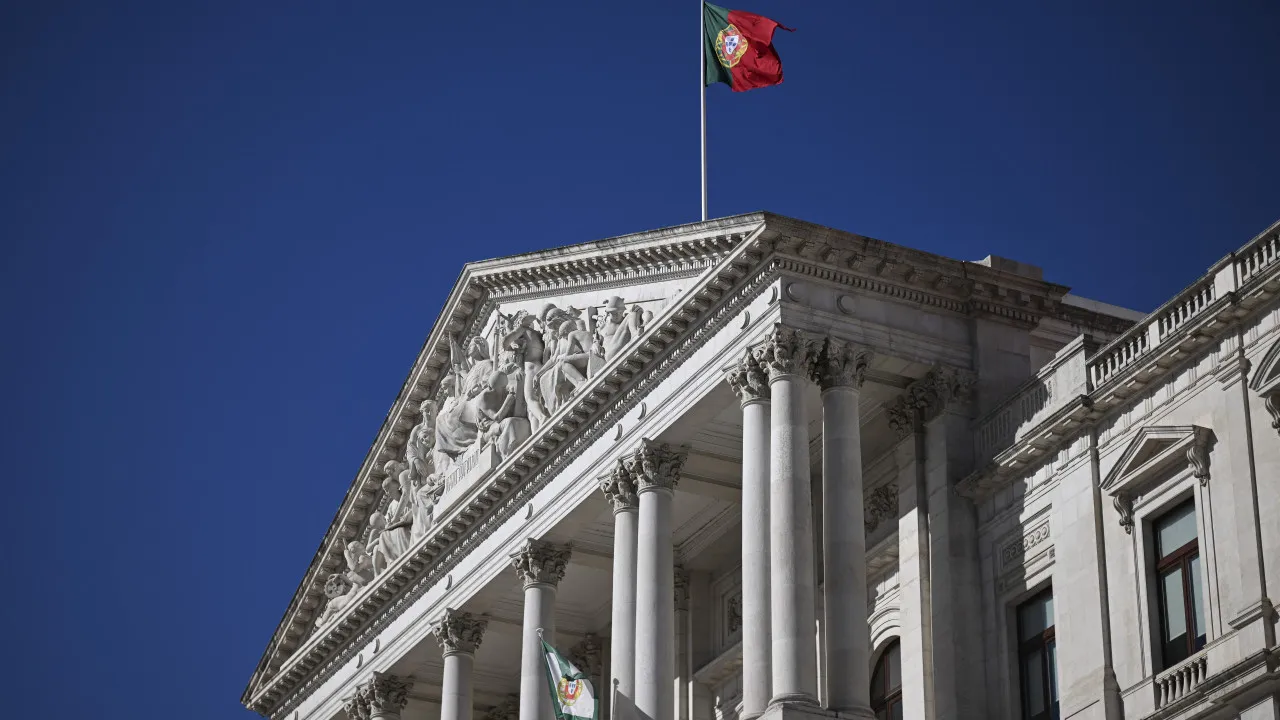
“A maintain this trend, CP will not need the 19 million euros the government allocated in the state budget to prevent this potential revenue loss. CP will increase its revenue and will not require a single euro of that extra investment,” stated Miguel Pinto Luz during a guest speech at a lunch debate hosted by the International Club of Portugal, in Lisbon.
During his address, the Minister of Infrastructure and Housing reviewed a year of government activity, highlighting the introduction of the Public Transport Fund (PFV) as one of the main measures in the mobility area. He criticized the “doom-mongers” who predicted this measure would jeopardize the survival of the railway operator.
According to figures released by the Ministry of Infrastructure on April 1, CP – Comboios de Portugal transported 32 million passengers in the first two months of the year, 2.5 million more than in the same period of 2024, with revenues increasing by 3.9% to 35.2 million euros.
During this period, the Regional service experienced a 121.4% surge in demand, Intercity services saw a 54.3% increase, and the Alfa Pendular service, where the PFV is not applicable, recorded a 2.4% rise in passenger numbers.
The 20-euro monthly PFV was implemented on October 21 last year, and by the beginning of the month, 220,000 subscriptions had been sold, with 40% representing new customers.
Today, Miguel Pinto Luz reiterated that CP would receive the new rolling stock it requested for the high-speed service, though he did not specify numbers, affirming that the company is currently “ready for competition.”
“We are not afraid to compete with anyone who comes to the national market to compete on our lines,” the minister assured.
Regarding the housing issue, which he described as “a national calamity,” Pinto Luz emphasized that the commitment to reduce the construction VAT to 6%, within certain limits, remains in place should the Democratic Alliance (PSD and CDS-PP) win a majority in the upcoming legislative elections on May 18, as this proposal was previously rejected in parliament.




